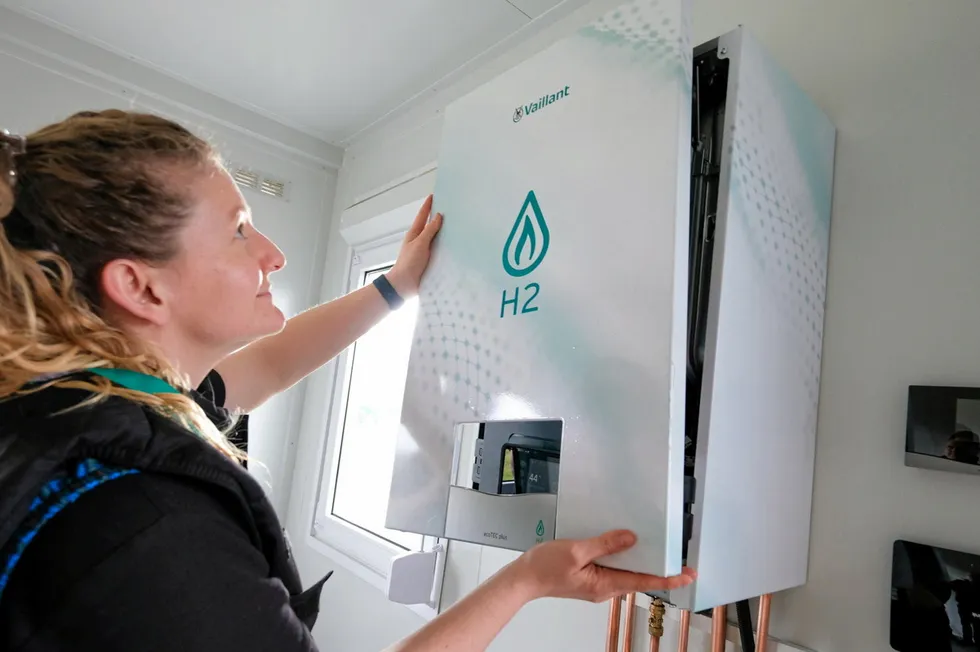'Hello Hydrogen' | Fossil-gas industry launches new charm offensive on H2 domestic heating
Critics slam efforts by gas network operators and boiler makers to champion UK H2 home heating as evidence mounts against it

Critics slam efforts by gas network operators and boiler makers to champion UK H2 home heating as evidence mounts against it
